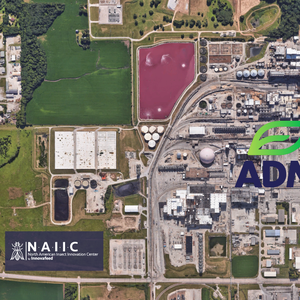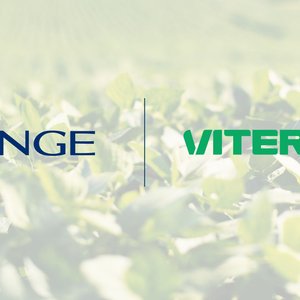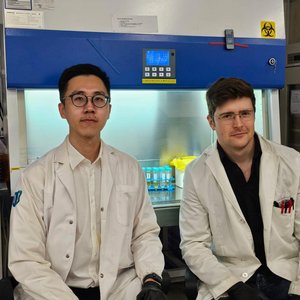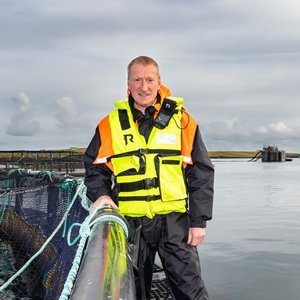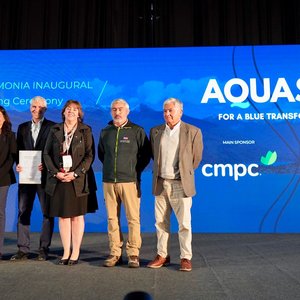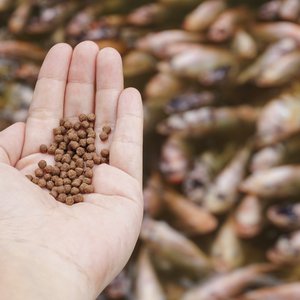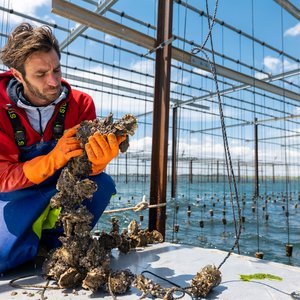The U.S. Food and Drug Administration has approved a supplemental New Animal Drug Application (NADA) submitted by AquaBounty Technologies, Inc. The supplemental NADA requested FDA approval to raise AquAdvantage Salmon – a product under an application previously approved in 2015 – at a land-based contained facility near Albany, Indiana.
While the Indiana facility is approved for production, the company is prohibited from importing the eggs necessary for producing genetically engineered (GE) salmon at the facility because of a requirement in FDA’s current appropriations law.
In 2015, the FDA approved a NADA related to the AquAdvantage Salmon, but this approval specified that only AquaBounty’s facility on Prince Edward Island, Canada, where the salmon eggs are produced, and the company’s grow-out facility in Panama, where fish hatch from the eggs and grow to maturity, could be used for producing AquAdvantage Salmon. The FDA’s approval today applies to a specific set of conditions and requirements, which are described in the environmental assessment and an appendix to the supplemental NADA approval letter. The approval does not authorize the production or grow-out of AquAdvantage Salmon in any other domestic or international facilities.
In 2016, the FDA issued Import Alert 99-40 in response to a specific provision in the 2016 Omnibus Appropriations Act, which states that the FDA may not allow the introduction or delivery for introduction into interstate commerce any food that contains GE salmon, until final labeling guidelines for informing consumers of such content are published. The FDA considers salmon eggs to meet the definition of food under the FD&C Act. The provision was also included in the 2017 and 2018 Omnibus Appropriations Acts.
In 2016, after FDA issued Import Alert 99-40, Congress passed the National Bioengineered Food Disclosure Law, which charged the U.S. Department of Agriculture with promulgating regulations regarding the labeling of food derived from “bioengineered” sources, which has implications for this Import Alert and the labeling of this product. At this time, the FDA’s Import Alert continues to remain in effect, meaning that AquaBounty cannot import AquAdvantage Salmon, including its eggs or any food from the salmon, into the U.S.
Under the Federal Food, Drug, and Cosmetic Act (FD&C Act), the FDA is required to review NADAs for safety and effectiveness. Because AquaBounty met these and other statutory requirements, the FDA is approving the supplemental application.


